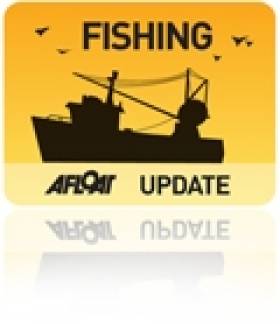Displaying items by tag: Dr Ken Whelan
Wild Salmon Showing Signs of Adapting to Climate Change
New evidence is indicating that wild salmon are adapting to climate change by feeding in colder waters, The Irish Times reports.
According to salmon expert Dr Ken Whelan, wild salmon are now diving as far as 800m below the surface - normally the preserve of the sperm whale - to feed for periods of up to 24 hours during winter months.
They are also travelling closer to the polar ice fields, in response to the warming of the Atlantic Ocean.
The change in behaviour was noted at a salmon summit in France attended by more than 100 fishery managers and scientists from across Europe, which was convened to discuss the threat of climate change to wild salmon stocks at sea.
Plankton levels are particularly affected by the changing wind and ocean currents, said Dr Whelan of findings from the EU-funded Salsea programme, which he led.
“Surviving the first winter at sea seems to be the key challenge for these stocks, and the salmon in the northern states like Norway and Russia, seems to be less affected,” he said.
But the recent return of wild salmon to the Tolka in Dublin, as well as healthy numbers along other inland waterways, highlighted that the news was not all doom and gloom.
The Irish Times has more on the story HERE.





























































